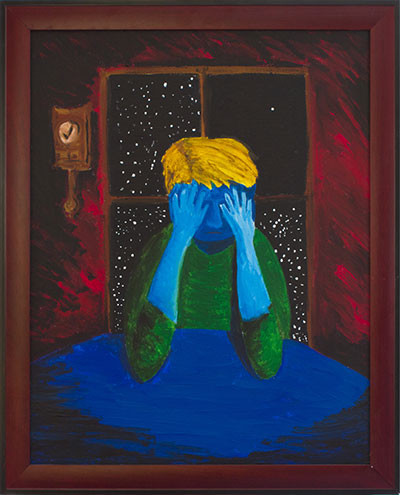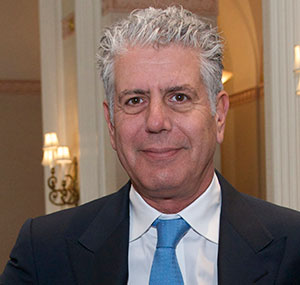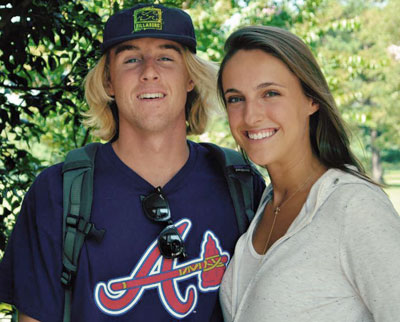KEVIN McCAULEY, MD, a nationally recognized leader in research of the neurochemistry of substance use disorders will be speaking in Richmond, VA on Thursday, April 18th.
There are 2 opportunities to hear him speak.
1. He will give a public talk for the recovering community on Thursday evening, April 18th at 7:00 pm at Saint Stephen’s Episcopal Church at Grove and Three Chopt, Richmond, Virginia. There is no admission fee but donations will be accepted. There will be seating for 200 at Saint Stephen’s, first come, first serve. In the past it has been a, “standing room only,” event.
2. He will be the keynote speaker at the COBE Conference for addiction professionals. His talk is on April 18th, at 1:15pm on the VCU campus, Cabell Library. You do have to register and pay for the conference to see him at VCU.
Dr. McCauley is an engaging and highly informative speaker with the most up-to-date information on why substance use disorders (SUDs) is a brain disease. The first time I heard him speak I thought, “Wow, this lecture can give so many people the motivation to get help.” And this has been the case. Over the years his lectures have given many individuals “permission” to seek help.
I’m very excited to host Dr McCauley and bring this opportunity to you.
I can’t wait to see you there. FEEL FREE TO SHARE THIS.
Warmly, Bill Maher
About Kevin McCauley, MD.
Dr. Kevin McCauley is a Senior Fellow at Meadows Behavioral on Healthcare. He graduated in 1992 from Drexel University School of Medicine and first became interested in the treatment of substance use disorders while serving as a Naval Flight Surgeon. Kevin wrote and directed two films: “Memo to Self” about the concepts of recovery management, and “Pleasure Unwoven” about the neuroscience of addiction which won the 2010 Michael Q. Ford Award for Journalism from the National Association of Addiction Treatment Providers. Kevin lives with his wife, Kristine, in Sedona, Arizona and recently completed a Master’s Degree in Public Health at the University of Arizona. McCauley is considered one of the leading researchers in the neuroscience of substance use disorders.
https://meadowsbh.com/senior-fellows/
 Dispelling Common Myths About Grief
Dispelling Common Myths About Grief

